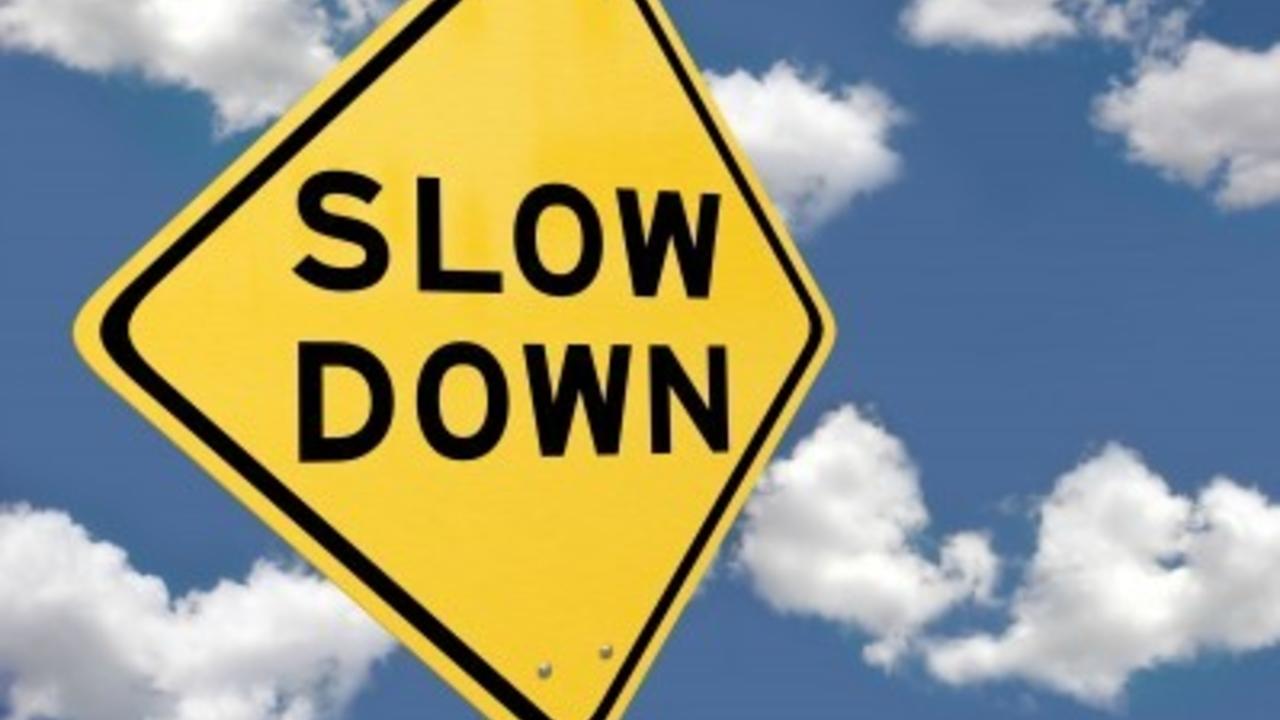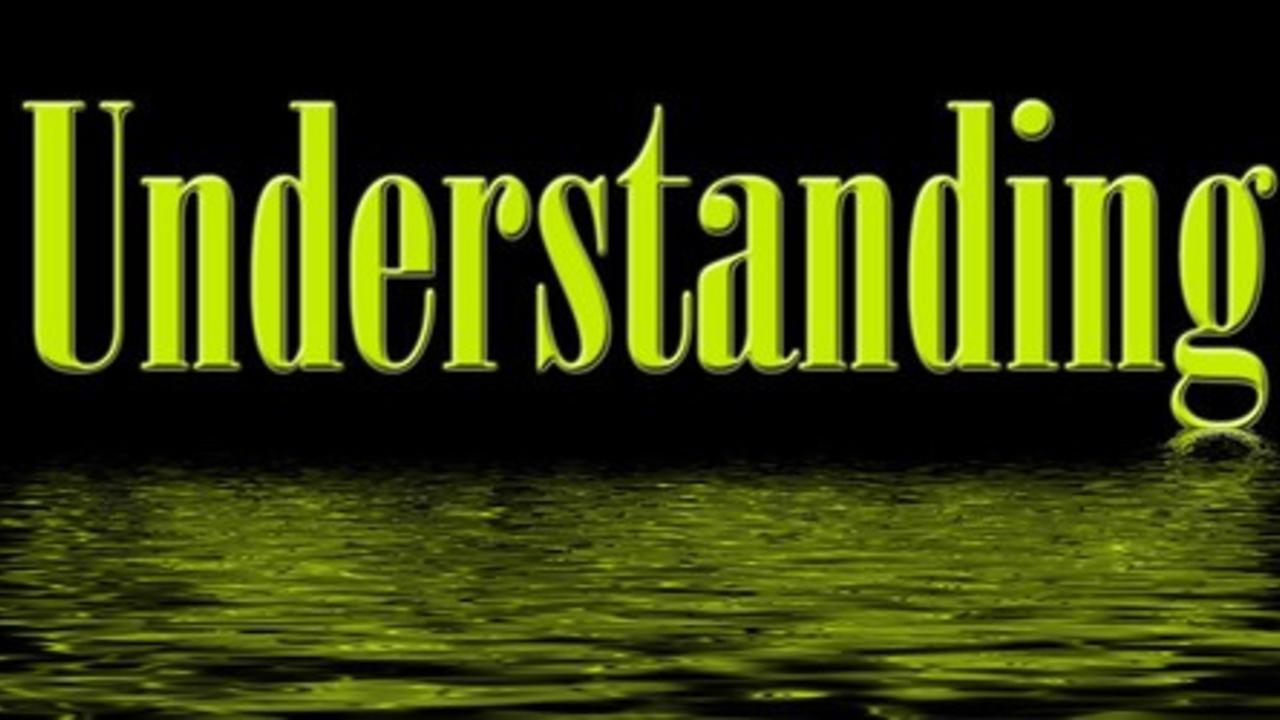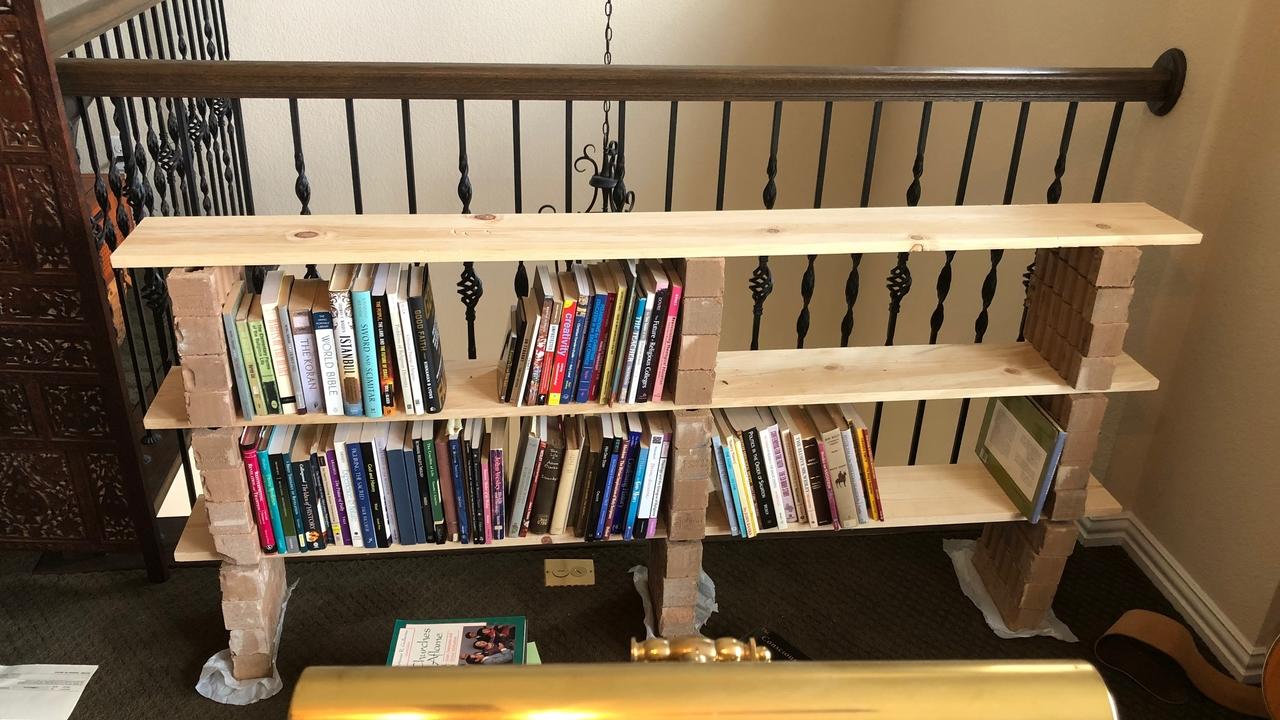Slow Down

I mean it. Slow down. Late modern life has afflicted almost all of us with the disease of haste and it is robbing us of precious time. We think we save it by hurrying, but the opposite is the case. There really is something to that old saying, "The hurryer I go, the behinder I get." And with the stolen time go stolen opportunities to grow into the joy that only God can give.
For most Americans, it's the busiest time of the year. To slow down now seems impossible and my plea ridiculous, but God often works this way, contrary to our inclinations (and our caving in to the fatalism of the season) in order to give us something we desperately need.
Of late I have become steadily more aware of the impatience that pushes me. (I'm sure several of my friends and certainly my wife are saying "Well, duh!") I need to get to the end of this book so that I can get on to the next book! I need to finish this task so that I can get to the next one. I always feel that internal pressure to ...
What We are Saying When We Say that We Know Jesus

What does a Christian need to know in order to walk faithfully as a follower of Jesus? This question is tricky, because it's hard to settle on the limits of what we mean by the word "know." It's relatively simple to know facts that can be tested and proven. It gets more complicated when we start talking about knowing God. With so many competing beliefs, how can you be confident that your views are more than mere preferences?
What do we mean, for example, when we say that we know Jesus? Typically, we think of having a personal relationship with Jesus, which is truly a joy. One of my favorite songs is Graham Kendrick's "Knowing You", which echoes Paul's reminder in Philippians 3 that knowing Christ Jesus our Lord is worth more than any status or success we might attain. It is a song of deep and holy piety. I love it. Virtually every time I try to sing it, I wind up weeping.
Let's use this song as an exercise in thinking well. Exactly who is the Jesus we know when we sing "K...
To Grow Spiritually, Grow Intellectually

Growing spiritually calls for growing intellectually. In our pragmatic American culture, we don't sufficiently see this connection. I'm on my own mission to convince the willing to seek healing for this blindness. To grow spiritually always involves growing in understanding. To grow in understanding is exactly what growing intellectually means.
What gets in our way?
For one thing, growing intellectually seems like it demands lots of leisure time, which most of us think we don't have. But don't we? Is lack of time really a problem? How much discretionary time do you have daily? Even if you are extremely busy, could you find an hour a day to read, think, and pray? Do a time audit. How much time do you spend on social media? In front of the TV? (I have the same struggle.)
For another, time constraints aside, many people simply don't connect the intellect to spiritual growth. It is enough to feel some degree of positive regard for God, to go to church (even once in a while...
Epistemic Healing: (A Bit of) My Own Story

I clearly remember the day one of my seminary professors told a group of us students chatting with him, "Our job is to tear down your Sunday School faith so that you can build up a more adequate faith." It sounds harsh, but he meant it quite sincerely and with strong regard for students. Individually, professors were almost uniformly supportive, while holding us to a high performance standard. Nonetheless, the institutional culture exhibited an intellectual violence for which the language of tearing down is quite appropriate. I began to think of the seminary experience that many mainline Protestant pastors-to-be had as like clipping the wings of a bird and then demanding that it fly.
To my never-ending surprise, the time since seminary has grown exceedingly long, yet I have continued to think about the experience, with very mixed feelings. I appreciated (and still do) the exposure to a number of thought systems that I would not have encountered in the same way or to the same degr...
Epistemic Healing: Identifying the Disease

The previous post introduced the term "epistemic healing." I began to try to distinguish good, even necessary, questions that feel like doubt but often are steps on the way to confidence in knowing, from others that breed mental immobility and harden the heart into perpetual hesitance. Epistemic sickness lies there.
As a pastor I have had any number of conversations with people who, because of a class they took or a book they read, now doubt the orthodox teachings of the Christian faith. (There seems to be no end of self-identified Christian scholars bent on debunking the church's central claims, such as about Jesus' resurrection from the dead.) Some people embrace the new knowledge enthusiastically, while others find themselves locked down, not knowing what to think any more. They now doubt what they thought they knew. Some very influential faith-development theory bears some of the culpability for this sad state of affairs.
I'll use the word "skepticism" to describe thi...
Epistemic Healing: The Prequel?

I want to tell you about a phrase that has been rolling around in my head for a long time. It's an odd one that mostly academic types would use, but I think it is apt for people outside the academy to know. I call it "epistemic healing." Let me explain.
"Epistemic" comes from a Greek word, episteme, which means "science" or "knowledge." ("Science" comes from a Latin word, scientia, which also means "knowledge.) Epistemology is the field of philosophy that carefully examines how we know what we think we know.
We use the term "know" in several ways. If I say, "I know you," I mean that I am personally acquainted with you. I recognize your appearance and your mannerisms. I can pick you out of a crowd. If I know you well, I can read your facial expressions and body language and tone of voice and know to some degree what you're thinking even before you say it. Good friends know each other at this level, as do spouses and near family members.
I can also say that I know history....
A Common Problem for Christians: the Noonday Demon
One of the big goals of the Spiritual Maturity Project is to introduce people to resources that they might not otherwise find. Of course, resources seem endlessly abundant, so why do people need help finding anything? We're trying to help you get to the good stuff. Quicker. Deeper. More long-lasting and spiritually enriching resources.
Most of the time, once we get a basic idea down, that satisfies our curiosity and we move on to the next thing. But for really good spiritual growth to take place over time, we need to go deeper sometimes and we need to stay longer when we go deeper. Take this example: many people are curious to know the basic differences between Catholics and Protestants. Just exactly what is it that distinguishes us from one another? One very common answer goes back into the mists of the history of the Protestant Reformation. You might recognize the Latin phrase sola fide (faith alone) as one of the so-called Protestant principles. Faith alone, separate f...
Overcoming Gaps in Christian Experience

The Spiritual Maturity Project aims at overcoming two gaps in the experience of many Christians. These gaps stunt growth and steal joy because they blind us to God's actions.
The first gap lies between Christian scholarship and so-called practical books, books on "Christian living." Scholarly writings in the Christian tradition are generally thought of as "theoretical," as virtually the opposite of practical, written in abstract, highly technical language that normal Christians can't understand, anyway, so why bother? Most Christians interested in growing spiritually therefore turn to books written at a popular level, found in the "Christian living" category.
In spite of any number of good, edifying books written in non-technical language, the popular Christian book market is flooded with stuff that stays on the surface. Sometimes such books become bestsellers and being a bestseller is the signal that they are meeting a need and helping people grow. But too often they are simpl...
Spiritual Maturity: Practicing Scriptural Reflection
Spiritual maturity might be one of those terms that sounds so familiar to Christian ears that all or most of us think we know exactly what it means. If we're not careful - and if we don't pay sufficient attention to scripture's descriptions - we fall back on patchwork images we pick up from here and there and we wind up not really knowing what spiritual maturity is. This loss has practical impact.
Not long ago I asked a group of college students which adults, in their congregations, demonstrate spiritual maturity in Christlike character. Who would they go to for spiritual guidance? None of them could name an adult that modeled Christ to them.
There could be several mitigating reasons for this worrisome response. Sadly, it isn't an isolated circumstance. I can put their response with numerous others that leave me feeling uneasy about the state of many congregations. We need ordinary,local, present examples of spiritual maturity, of Christlike character. I know they exist. I'm afraid ...
Introducing the Spiritual Maturity Project
Across nearly forty years of ministry, I’ve encountered people of all ages as well as clergy and laity, who speak of desire for more of the Christian life than they’re currently experiencing. “Church life” has become tepid, timid, hypocritical, twisted this way and that by various cultural forces. However we describe it, we know that it doesn’t match what we see in scripture and hunger for in our hearts. We need a fresh touch from God.
We have formed the Spiritual Maturity Project in response to Christ’s call and to do all we can to address this deep need. To aim at this goal, we have to recognize our hunger and be willing to do some work, which includes recognizing the damaging impact of half-truths about God’s grace. Dietrich Bonhoeffer called it cheap grace. John Wesley called it quietism. It’s the notion that Jesus paid it all (he did), therefore we need do nothing. Wrong. If you have signed on to be a follower of Jesus, you have committed yourself, under the gracious ...
